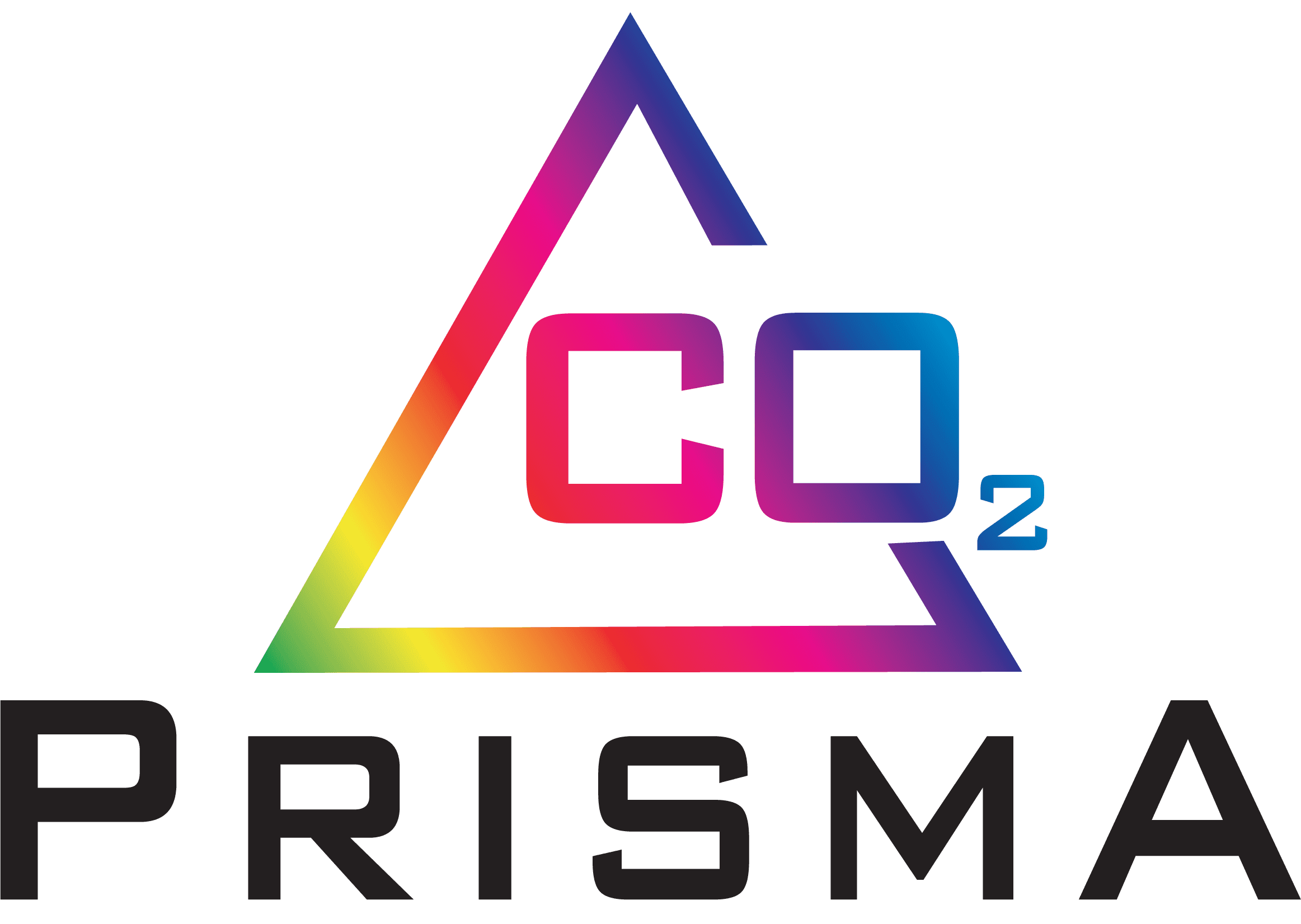PrISMa – Process-Informed design of tailor-made Sorbent Materials for energy efficient carbon capture
The world we envision has a concerted effort to minimize CO2 emissions from any source, either through reuse of emitted CO2 as feedstock for fuel or the chemical industry or permanently preventing the CO2 from escaping into the atmosphere through geological storage. In such an admittedly ideal world one envisions many different sources of CO2 with the economic incentive to optimize a Carbon Capture Utilization and Storage (CCUS) process that is optimally tailored to each local economic situation. The economic viability of each of these solutions is set by an effective price of carbon that sets a breakeven point for each of these processes. The technological challenge is to reduce this effective price of carbon by optimizing capture technologies for many different sources of CO2 and integrating a diverse range of applications for CO2 as a feedstock.
The PrISMa project aims to accelerate the transition of energy and industrial sectors to a low-carbon economy by developing a technology platform to tailor-make cost-efficient carbon capture solutions for a range of different CO2 sources and CO2 use/destinations.
To achieve this goal PrISMa unites the efforts of world-leading research teams from Heriot-Watt University (HWU) in the UK, École Polytechnique Fédérale de Lausanne (EPFL) and Eidgenössische Technische Hochschule Zürich (ETH Zürich) in Switzerland, and Lawrence Berkeley National Laboratory (LBNL) in the USA. These teams have the expertise to bridge the gap between molecular sciences (LBNL and EPFL) and process engineering (ETH Zürich and HWU). The team is supported by market-leading companies and non-governmental organizations committed to minimising CO2 emissions in their industrial sectors and will provide case studies and maximise knowledge exchange and the impact of PrISMa.

